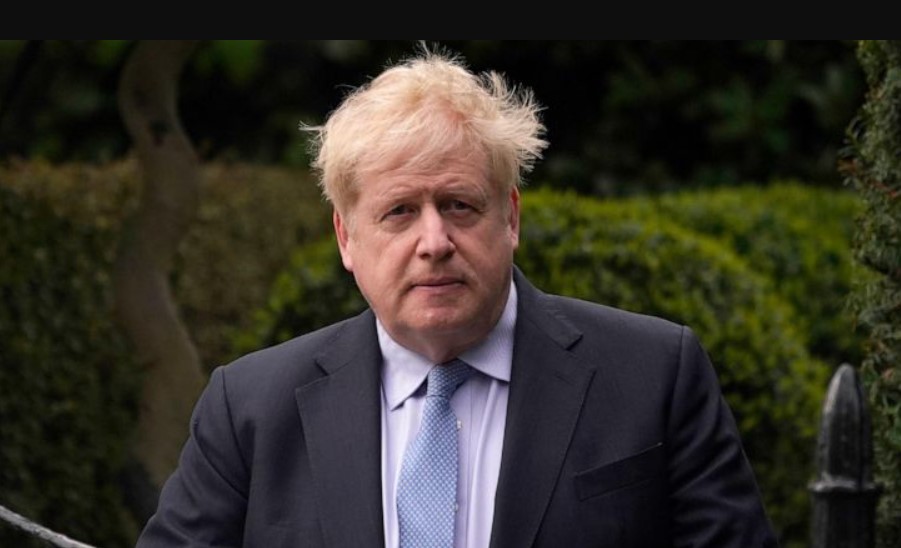In a surprising turn of events, former Prime Minister Boris Johnson has announced his resignation as a Member of Parliament (MP) with immediate effect. This decision comes just a few months after Johnson’s tenure as Prime Minister came to an end. His resignation as an MP marks the end of a controversial and eventful political career. Boris Johnson, known for his charismatic and often divisive leadership style, rose to prominence as the Mayor of London before serving as the Member of Parliament for Uxbridge and South Ruislip since 2015. He later assumed the role of Foreign Secretary under Prime Minister Theresa May and ultimately became the leader of the Conservative Party and Prime Minister in 2019.

Why Boris Johnson Resigns? Know Everything
During his time in office, Johnson faced numerous challenges, including the handling of Brexit negotiations, the COVID-19 pandemic, and navigating the United Kingdom’s political landscape. His leadership was marked by both triumphs and controversies, as he pursued an agenda centered around delivering Brexit and implementing his vision of a “Global Britain.”
The decision to resign as an MP comes as a surprise to many, especially considering Johnson’s previous plans to remain in Parliament. Speculations are already rife about the reasons behind his abrupt departure from politics. Some political analysts suggest that Johnson may be seeking new opportunities outside of public office, while others speculate that internal party dynamics or personal reasons could have influenced his decision.
Johnson’s tenure as Prime Minister was marked by significant political turmoil, with Brexit being the defining issue of his premiership. He successfully led the “Leave” campaign in the 2016 referendum, which resulted in the UK’s decision to exit the European Union. However, the subsequent negotiations and challenges associated with implementing Brexit proved to be complex and time-consuming.
Additionally, Johnson faced criticism for his handling of the COVID-19 pandemic. While his government implemented several measures to curb the spread of the virus, including a successful vaccination campaign, critics argued that his decision-making was often inconsistent and lacked transparency.
As news of Johnson’s resignation spreads, political figures from across the spectrum are offering their reactions. Opposition parties are highlighting the failures of his government, while some members of his party express gratitude for his contributions and dedication to public service.
With Johnson’s resignation, the Conservative Party will need to elect a new MP for the Uxbridge and South Ruislip constituency, which could trigger a by-election. This development could also have wider implications for the political landscape in the United Kingdom, potentially impacting the Conservative Party’s future direction and leadership.
As the country moves forward, Boris Johnson’s resignation as an MP marks the end of a significant chapter in British politics. Regardless of one’s opinion on his policies or leadership style, there is no denying that Johnson’s impact on the UK’s political landscape has been substantial. The repercussions of his decisions and the legacy he leaves behind will undoubtedly shape the future of the nation.
